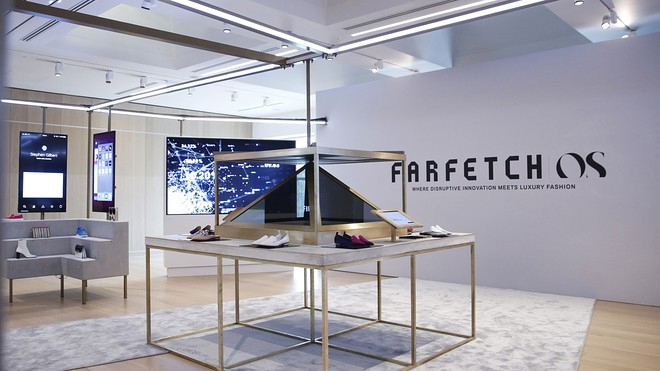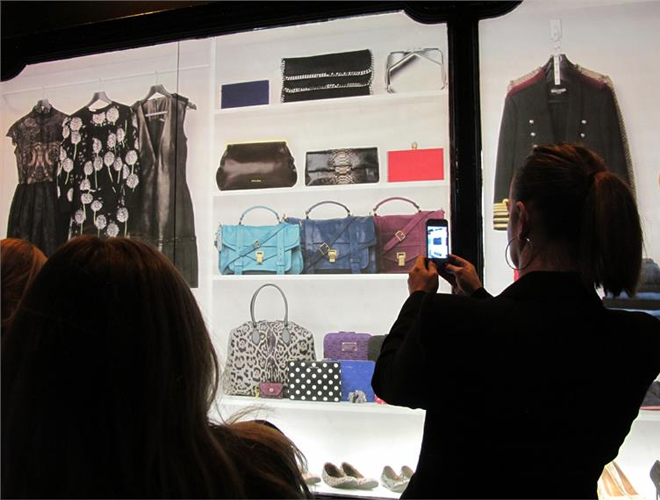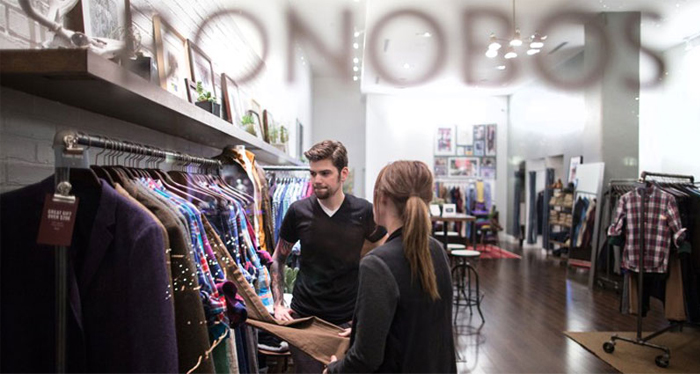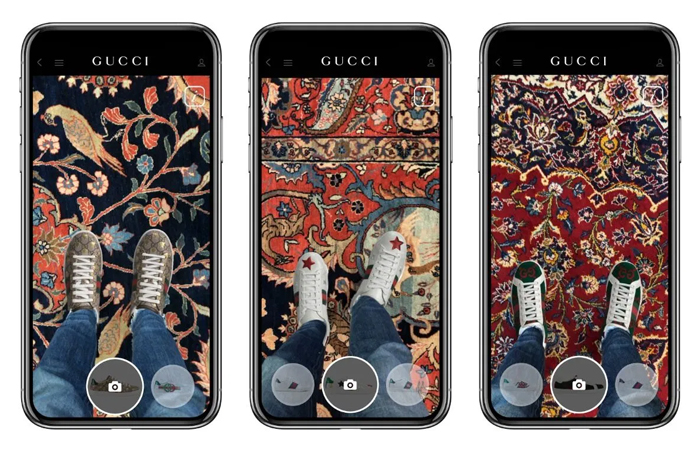4 Brands That Reveal The Future Of Luxury Online
- 8th Dec 2020
- 1676
- 0

COVID pandemic has taught us the importance of online marketing and selling and even luxury brands can’t deny it now. They have accepted the importance of online marketing but are falling short at selling. For an industry who values tradition and heritage more than anything, change becomes a little difficult for them.
Luxury brands are hesitant to shift to online as they have been wondering how to keep the luxury aspect of the brand if it is so easily available.
It was recently found by Bain & Company in research that online luxury sales growth is phenomenal, increasing by 24% in 2017. It accounts for only 9% of the total personal luxury goods market worldwide.
As some of the heritage brands are jumping on the online and losing their luxe on the internet, various others are jumping on it too. There are various brands such as Farfetch, Net-a-Porter, Bonobos, that have much more of an online than physical presence. Brands are slowly also figuring out how to come online and yet maintain their luxe. Two of these online brands are now acquired by other companies such as Yoox Net-a-Porter by Richemont and Bonobos by Walmart.
Here are 4 such brands that show how the future of luxury is online.
Farfetch
Farfetch was founded in 2008 as an online luxury platform and is now easily blending in-store access to fashions across the globe with the internet convenience. It has offices in over 11 fashion hubs and also offers same-day delivery. It lists products from over 700 boutiques and fashion brands. It carries a multitude of heritage and emerging designer brands, including Dolce & Gabbana, Givenchy and Chloé.

Farfetch had acquired the London-based Browns boutique in 2015 and used that platform to introduce its technology-enhanced “Store of the Future” concept that marries the digital and personal experience luxury shoppers desire.
It also started with a digital service called “Farfetch Black and White” for brands that want to use its platform to power their own branded online presence.
Net-a-Porter

Net-a-porter has recently been acquired by Richemont who merged with Yoox in 2015. It was founded in 2000 and takes a more content-driven strategy than its competitor, Farfetch. Just like Farfetch, even Net-a-Porter offers YNAP platform which Richemont says will continue to operate as a separate entity. Net-a-porter makes use of outnet website that offers discounted fashions in flash-sale format, this technique also works very well with millennials. As they are always on the lookout for something fun, fast, limited and accessible. Best, if cheaper.
Bonobos
Bonobos is an internet born luxury brand and have managed to capture the loyalty of affluent men shoppers. It’s achieved that by not just selling clothes, but showing men how to dress fashionably. It is also helped by offering casual-luxe styles that modern men favour.

Bonobos show not just men standing in clothes but interacting with each other which makes it a different experience altogether. As a result of this unique strategy, it caught the attention of Walmart who acquired the company last year.
Walmart recently announced that it’s recent online sales has slowed down and went only 23% up compared to a year ago vs. the 50% growth enjoyed throughout the first nine months of the year, it continues to project a 40% uptick through the rest of the year, with Bonobos and a recently announced online partnership with Lord & Taylor showing that this low-end leader aspires to reach higher.
Gucci
Gucci has to top the list of the few brands who have made splendid efforts in coming online. Gucci is doing about 50% sales with millennials and looking at this, it has started with data-driven analysis. Gucci has been doing wonders online and all the credit goes to its CEO Marco Bizzarri giving free rein to its young creative director Alessandro Michele who very clearly understands how to connect with the new generation.

Hence, Gucci was successful in breaking the shackles digitally-adverse culture that plagues so many other luxury brands.
There is a whole transformation which will take place in the luxury sector. While the customers yet value the pampering of the offline store. It also wants convenience delivered through digital channels.
 Hinal Jain
Hinal Jain


Comments
No comments yet.
Add Your Comment
Thank you, for commenting !!
Your comment is under moderation...
Keep reading luxury post